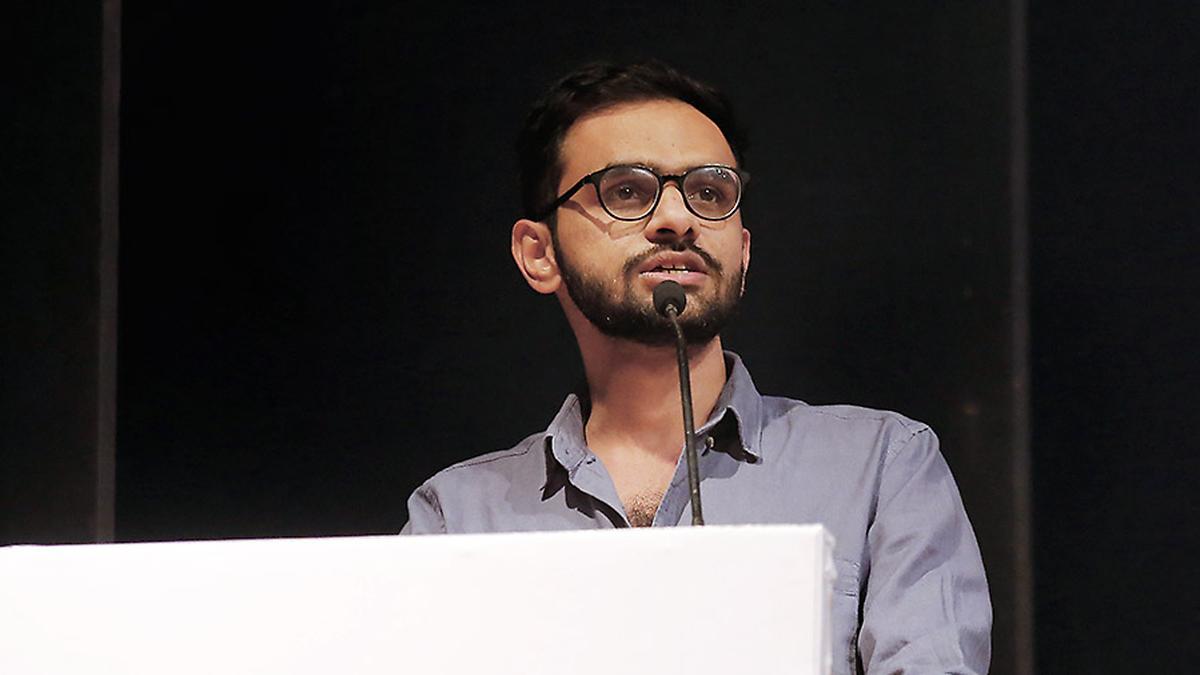Now Reading: Delhi High Court to Rule on Bail Pleas of Sharjeel Imam, Umar Khalid in 2020 Riots Case
-
01
Delhi High Court to Rule on Bail Pleas of Sharjeel Imam, Umar Khalid in 2020 Riots Case
Delhi High Court to Rule on Bail Pleas of Sharjeel Imam, Umar Khalid in 2020 Riots Case

Swift Summary
- The delhi High Court is set to announce its decision at 2:30 p.m. on September 2, 2025, regarding the bail pleas of activists Sharjeel Imam, Umar Khalid, and others implicated in a UAPA case linked to the February 2020 riots.
- The Bench comprising Justices Navin Chawla and Shalinder Kaur reserved its order on July 9 after hearing arguments from both prosecution and defense.
- Accused individuals include Sharjeel Imam, Umar Khalid, Mohd Saleem Khan, Shifa Ur Rehman, Athar Khan, Meeran Haider, Abdul Khalid Saifi, and Gulfisha Fatima.
- Prosecutors have argued that the riots were premeditated with a “sinister motive,” aimed at discrediting India globally; they opposed bail citing seriousness of charges under UAPA and IPC provisions.
- Defense counsel for Sharjeel Imam claimed he was disconnected from other accused parties involved in the alleged planning or incitement of unrest through speeches or messages.
- Police referred to communal violence during CAA-NRC protests as part of a “clinical” conspiracy fueled by speeches referencing sensitive issues including Kashmir and Babri mosque.
- Prosecution stated incarceration duration shouldn’t warrant bail due to gravity of offenses while refuting claims suggesting delays in trial proceedings.
Indian Opinion Analysis
The case underscores complexities surrounding individual accountability in mass unrest incidents like Delhi’s February 2020 riots amidst charged political contexts such as opposition to CAA-NRC policies. The prolonged legal process raises concerns over pre-trial detention-balanced against arguments emphasizing national security risks under UAPA provisions-which sets stricter thresholds for bail compared to regular IPC offenses.
While both the prosecution’s stance on conspiracy being central versus individualized defense narratives around disconnection highlight deeper debates within India’s judicial interpretation vis-à-vis free speech boundaries activism legality ;If precedence setter ruling `[await clarity verdict trajectory thru factual verdict.]
























